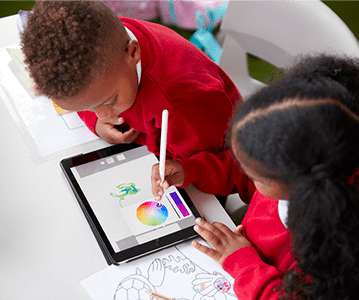Student Agency is More Than Voice and Choice
A Principal's Reflections
AUGUST 12, 2018
Or maybe it is combining both elements of voice and choice through pedagogically sound blended learning activities. Learning in and out of the classroom should always be at the forefront when it comes to agency. However, we must not lose sight of the third element that comprises this concept, and that is advocacy.















Let's personalize your content